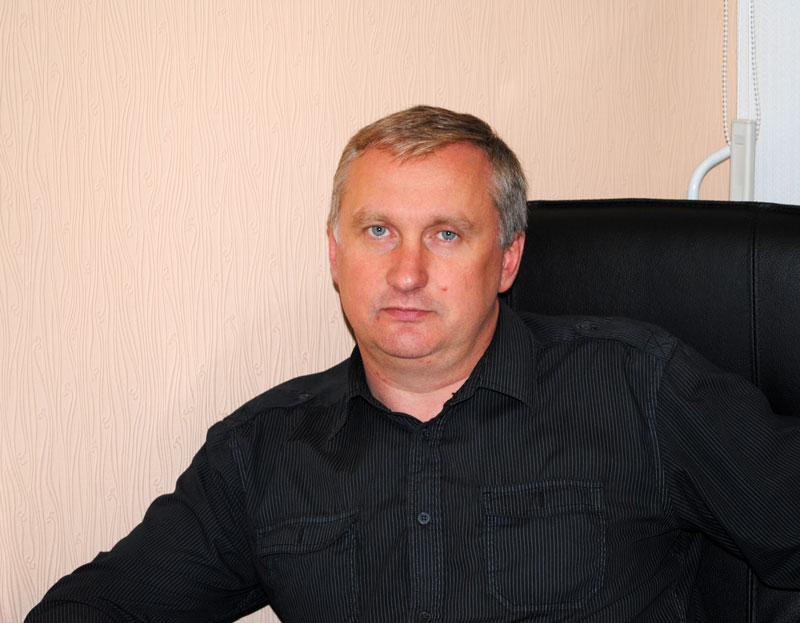What restrictions can be imposed on former political prisoners
After the release of six political prisoners there have been voiced many opinions as to which restrictions that may be imposed on them, since they all have outstanding convictions. Here we offer an explanation, given by the lawyer Pavel Sapelka for the website palitviazni.info.
With respect to Mikalai Statkevich, Ihar Alinevich, Yauhen Vas'kovich and Artsiom Prakapenka, prophylactic supervision can be used, whereas Mikalai Dziadok and Yury Rubtsou can be put on the prophylactic register.
During the term of conviction, prophylactic supervision is carried out towards a citizen convicted of a serious or especially serious crime after serving his prison sentence.
During the period of conviction the citizen is under preventive supervision and therefore is obliged to notify the body of internal affairs about changing the place of residence, leaving to another location for personal reasons for a period longer than one month, to appear at the aforementioned body if summoned and, if necessary, give explanations about his behavior and lifestyle. This status doesn't impose any other restrictions.
However, if a citizen convicted of committing a serious or especially serious crime, or sentenced to imprisonment two or more times for any intentional offense within the period of the previous outstanding conviction is brought to administrative responsibility for administrative offenses, for which the law provides for an administrative penalty in the form of administrative arrest, more than two times a year, preventive supervision can be established over him.
Proactive supervision after release from the correctional facility is established over persons who have committed particularly dangerous recidivism; for adults who committed a crime in an organized group or criminal organization. In addition, preventive supervision after release from the correctional facility may be established over a person who has been convicted for committing a grave or especially grave crime or sentenced to imprisonment for any intentional crime for two or more times, if at the time of his release from the prison he was recognized a malignant violator of the established regime of punishment; as it has been said already, preventive supervision is also established over persons with outstanding convictions if they commit administrative offenses.
Preventive supervision is established to monitor the behavior of the persons who have been released from prison with the aim to prevent crime and to provide them with the necessary prophylactic influence.
The court requires the persons, over whom preventive supervision has been established, to observe the following demands of preventive supervision: to arrive in due time to the chosen place of residence, and get registered with the Interior; to notify the authority of the Interior about the change of the place of work and (or) residence; to travel outside the county (city) on official and personal business only with the agreement of the Interior.
The court, in establishing preventive supervision or in its implementation, may also require the person to observe the following demands of preventive supervision: not to go to certain places: not to leave his home at certain times of day; appear in the body of internal affairs for the registration one to four times a month; not to leave the Republic of Belarus.
Other categories of convicts who have served the punishment, - those who committed less serious crimes, or crimes, not representing big public danger, fall under the Law "On the fundamentals of activities on prevention of offenses", which includes the aforementioned prophylactic registration among individual crime prevention measures.
A person, put on the prophylactic register, is visited by a representative of an internal affairs
body once a month at his place of residence, work, study, or other place, determined by the official of the corresponding subject of crime prevention; he also determines the time and place of preventive measures and provides the participation of the citizen, who is on the prophylactic register, in them.
Citizens, who are on prophylactic register, have to come to the internal affairs body if summoned by its official, and take part in prophylactic measures. Prophylactic measures are held once a month, (unless specified otherwise by the head of the relevant subject of crime prevention or his deputy), in the form of lectures and films of prophylactic orientation, including about criminal proceedings, civil proceedings regarding the recognition of citizens of limited competence, about taking away children from parents without deprivation of parental rights, or about the deprivation of parental rights, direction to activity-therapy centers, administrative proceedings. Prophylactic measures are carried out at the time when the citizens who are on the preventive register aren't busy at places of their work or study. The duration of the prophylactic measures is determined by the official of the body of the internal affairs body, border service or customs authority individually, within one hour.
Implementation of prophylactic supervision is terminated upon the cancellation of conviction.
Pavel Sapelka for palitviazni.info


















